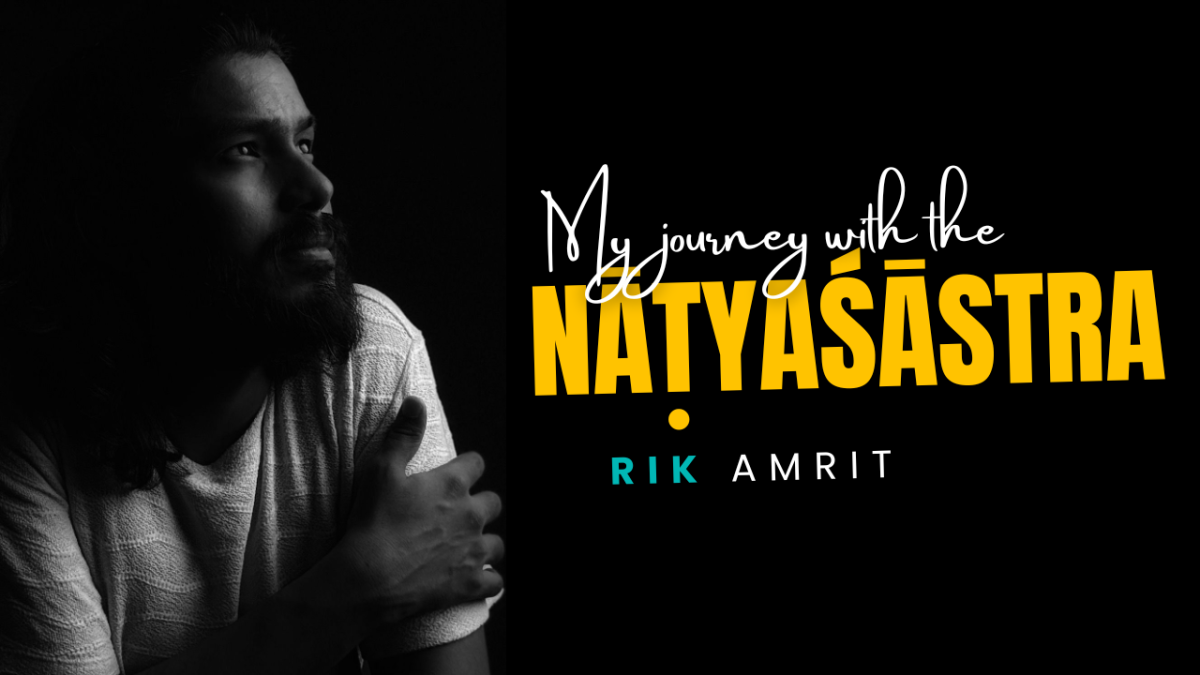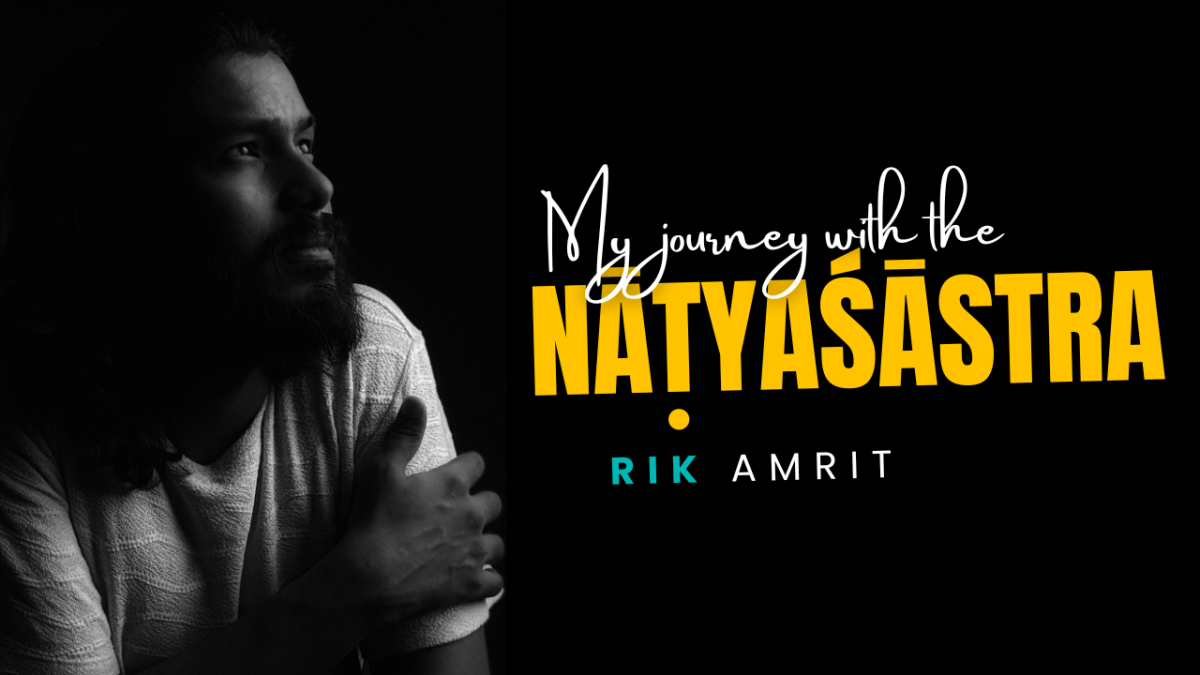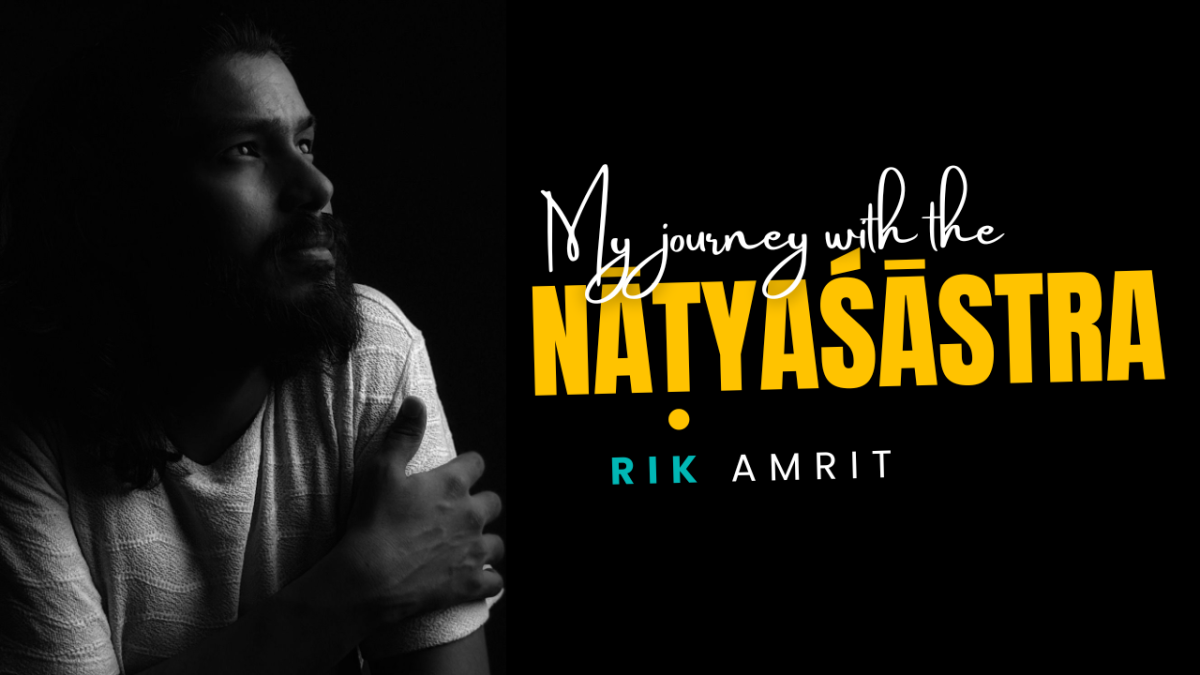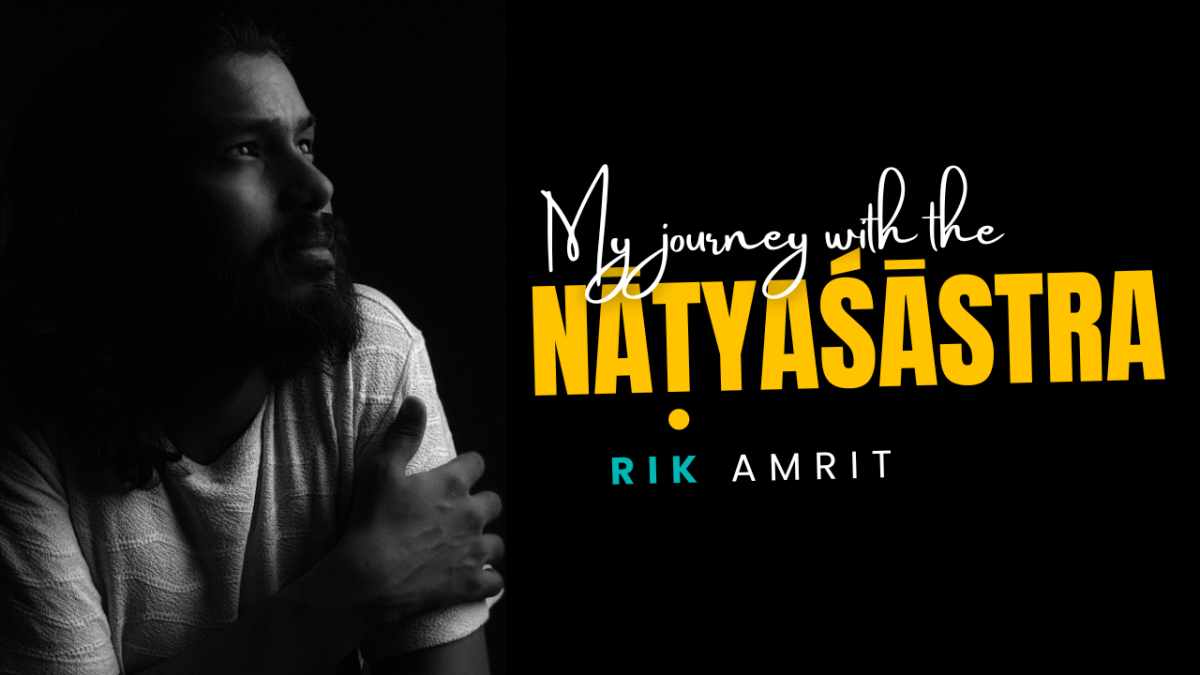No matter how much Sri Krishna directs towards Brahmajnana in the Gita and advises against desiring the fruits of one’s actions, if Arjuna did not find solace from his despondency within that knowledge, I doubt how effective Arjuna’s role as a listener would have been. Even if Arjuna were not the true recipient, would Krishna have revealed the secret knowledge in front of him? I don’t know. Here, I consider Kurukshetra as the actual battleground.
We are in the first hour of our discussion. There is still a long way to go. In the first chapter of Mimamsa-Slokavartika, Kumarila Bhatta beautifully explains why the speaker should set the direction and goal of the discussion right at the beginning. Without a clear goal, there is always the risk of losing one’s way.
Sanskrit Verses with Translation:
Sloka 12:
सबे स्यैव हि शास्त्रस्य कर्मणो वा ऽपि कस्य चित् ।
यावद् प्रयो नम् नॊक्तं ताव त्त् तत् केन मृष्यते ॥ १२ ॥
Meaning:
“Every scripture or work has a specific purpose or goal. Until that purpose is clearly mentioned, no one can understand the true meaning of the scripture or work.”
Sloka 13:
न शुश्रूषायितुं शक्या प्राग्नोक्त्वा प्रयोजनम् ॥ १३ ॥
Meaning:
“It is impossible to arouse curiosity or a desire to listen unless the purpose has already been clearly stated.”
Sloka 14:
अनथेप्रापणं तावत्तेभ्यो नाशङ्क्यते कचित् ॥ १४ ॥
Meaning:
“When the purpose or goal is well understood, there is no fear of misunderstanding or confusion.”
Following his words as a guiding principle, I start this discussion. The goal is set here. This work is purposeful. By setting out the subject and objective of the discussion beforehand, I aim to pique the reader’s curiosity. And for those who are curious, my intention is to give them direction. Abhinavagupta also says curiosity is the mark of a true recipient. Arjuna had curiosity. Didn’t that curiosity make him the recipient of the Gita?
In the course of this discussion, I don’t know how much time has passed, but in terms of words, having crossed almost three thousand units, a brief pause for rest is now possible. There is no shame in this fatigue. Ten years ago, a young reader, seeing some books in an obscure library, had a desire to read. This desire for intense study brought him to the glamorous cosmopolitan market. He didn’t get to read. Instead, he encountered factional conflicts. He learned to use manipulation as a ladder. He mastered the nuances of government grants. He saw dominance; his administrative experience made him proficient in understanding man’s primal wild instincts. Ten years ago, burdened with all the shame of adolescence, he would occasionally stand before Mahamahopadhyaya Haridas Siddhantabagish Bhattacharya; the vastness of talent seemed like a towering mountain to him, rather a grand Banyan tree. That tree doesn’t speak. That tree only provides shade.
Gayatri reveals her illusionary veil only through meditation; our young aspirant is still deprived of this truth. Who will explain to him the difference between study and learning? Who will make him realize the difference between meditation and an imitation of meditation?
Life!
He gives up hope. He loses his way.
Therefore, just having curiosity doesn’t guarantee that the meaning will be achieved. Curiosity is your desire. Meaning is your alternative, your means. It will be achieved through Dharma. Dharma is the teacher. Who will light the lamp in this illusory darkness without a true Guru? Mahamahopadhyaya Haridas Siddhantabagish Bhattacharya’s silent prayer was fulfilled after seven years. But by then, he was lost and had given up. Is it only after losing the way that one finds the true path? Is pain the source of joy? I don’t know. But after giving up, he received the mantra of not giving up, in Chidakasha. He found someone who made him realize the magic of dispelling the darkness of ignorance. This realization came to him a little away from Kolkata. In the winter of Poush, three years ago, where he had heard the cries of jackals.
He gave me the mantra, “Never give up.” Therefore, I don’t give up. Amidst the whirlwind, he made me recognize the calm utterance. Where there is no storm, no turmoil. Language is my refinement. He taught me its subtle use, he gave me knowledge. I am presenting his words before you. Therefore, whatever truth is in this utterance is his, whatever mistakes, consider them mine. For almost three decades, he had gathered what he generously passed on to a novice student without any hesitation. He gave me the responsibility, “You have much work to do for the country, concerning the Indian theatrical tradition.” The Indian theatrical tradition, Bharata’s theatrical tradition, the classical theatrical tradition. The Theatre that is Krīḍanīyaka, not the toy (play) mentioned by Prasanna in the first chapter of “Indian Method in Acting.” The Theatre that provides joy, the Theatre that gives you a taste of liberation from the cause-and-effect of this world, even if just for a moment.
On February 28, 2017, at Girish Mancha, I saw this classical Theatre for the first time. That was my first introduction to him. The name of his play was “Bhāṇaka.” My first taste of the supernatural in the mundane. Is it possible to express taste in language? Yet the problem came afterward. In the first meeting, I expected some spiritual words from him, but he rather said, “We first imagine a decision in our minds, then arrange logic behind it. Isn’t the real journey in reaching the decision by following the logic?” He said many more things that day. Surely, he did. I don’t remember. What I do remember is just admiration. People know him as Sri Piyal Bhattacharya (the title Mahamahopadhyaya given by Natvari Kathak Dance Academy); any resemblance to Mahamahopadhyaya Haridas Siddhantabagish Bhattacharya is not just coincidental.
That day, the performance of Bhāṇaka started with the first Karika of Brahmakanda in the Vakyapadiya, “Anādi-nidhanaṁ Brahma Śabda-tattvaṁ yad-akṣaram…” The eternal sound principle, the Brahman, is the imperishable syllable. And it ended with verses 78-79 of the 36th chapter of the Natyashastra.
Sanskrit Verses with Translation:
Verse 78:
य इदं शृणुयान्नित्यं प्रोक्तं चेदं स्वयंभुवा ।
प्रयोगं यश्च कुर्वीत प्रेक्षते चाभधानवान् ॥ ७८ ॥
Meaning:
“Whoever listens to this constantly, as stated by the Creator, and practices it, observing it attentively,”
Verse 79:
या गतिर्वेदविदुषां या गतिर्यज्ञकारिणाम् ।
या गतिर्दानशीलानां तां गतिं प्राप्नुयान्नरः ॥ ७९ ॥
Meaning:
“May attain the same destination as that of the Vedic scholars, those who perform sacrifices, and those who are generous.”
This is the outcome of our discussion on Theatre. Whose outcome is this? Of the practitioner and the observer. The practitioner means the actor and the poet. Bharata does not mention the term “spectator” in the Natyashastra. Connoisseur? Not that either. He says “societal.” Thus, in the Natyashastra, the rights belong to the poet, the societal, and the actor. Whoever you are among these three, reader, if curiosity arises, no one can deny your right to the Natyashastra. I promise.
यावद् प्रयो नम् नॊक्तं ताव त्त् तत् केन मृष्यते ॥ १२ ॥
“Every scripture or work has a specific purpose or goal. Until that purpose is clearly mentioned, no one can understand the true meaning of the scripture or work.”
“It is impossible to arouse curiosity or a desire to listen unless the purpose has already been clearly stated.”
“When the purpose or goal is well understood, there is no fear of misunderstanding or confusion.”
प्रयोगं यश्च कुर्वीत प्रेक्षते चाभधानवान् ॥ ७८ ॥
“Whoever listens to this constantly, as stated by the Creator, and practices it, observing it attentively,”
या गतिर्दानशीलानां तां गतिं प्राप्नुयान्नरः ॥ ७९ ॥
“May attain the same destination as that of the Vedic scholars, those who perform sacrifices, and those who are generous.”




Comments (0)
Rate this Article
How do you feel about this article?
Comments (0)
No comments yet
Be the first to share your thoughts!
Join the Discussion